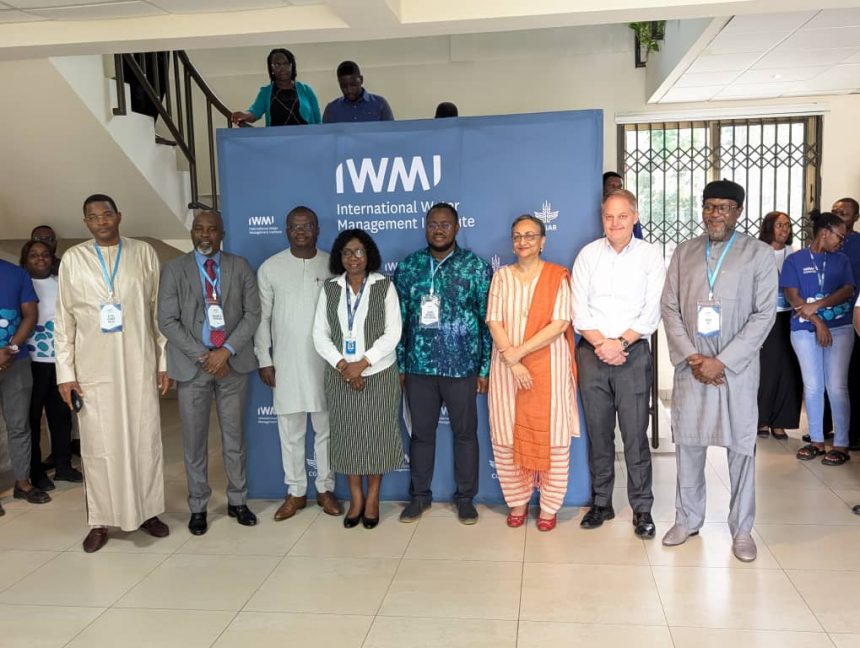ECOWAS through the Water Resources Management Center (WRMC) announced a strategic partnership that will significantly enhance water security, climate resilience, and policy innovation across West Africa.
ECOWAS through WRMC signed a five-year agreement with the International Water Management Institute (IWMI) to enhance the governance of transboundary water resources across ECOWAS member states.
This partnership signed in Accra, Ghana according to a statement at the weekend, aims to co-develop digital tools for drought and flood forecasting, promote knowledge and data exchange through regional platforms, and support biodiversity conservation and agrifood system resilience.
The statement said the signing of these Memoranda of Understanding (MoUs) marks a major step forward in regional cooperation.
Director of the ECOWAS Water Resources Management Centre, Kouassi Kouakou Alexis, said; “It is great for us to have this kind of support from IWMI to do our best for the ECOWAS community. “Let us continue to work together to have a concrete impact on our populations through water management in the region.”
IWMI’s Africa Director for Research Impact, Olufunke Cofie, said:
“These partnerships signal a shared regional commitment to science-driven, inclusive water governance. By aligning efforts, we can tackle climate risks, advance food and water security, and drive meaningful impact across the region.”
The signing ceremony held at IWMI’s headquarters, brought together IWMI’s management and members of the Board of Governors, representatives from ECOWAS, and regional stakeholders dedicated to advancing water and climate resilience.
This partnership aligns with WRMC’s strategic plan and the West African Water Resources Policy, which prioritizes partnerships and cooperation, digital innovation, water infrastructure, gender equality, social inclusion, and capacity building. This initiative will harness Earth observation, inclusive research, and regional cooperation to confront pressing challenges such as water scarcity, climate variability, and rural poverty.












